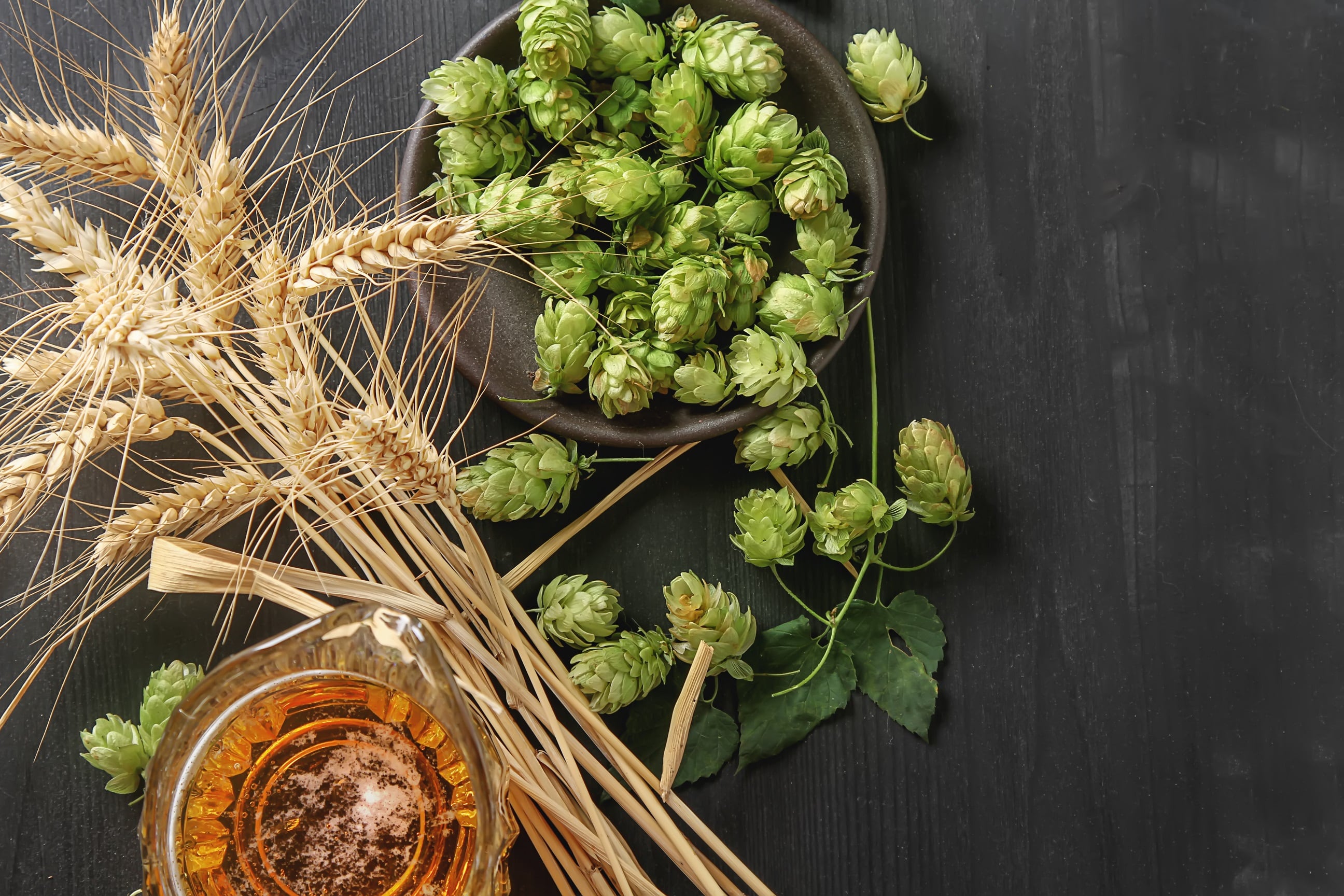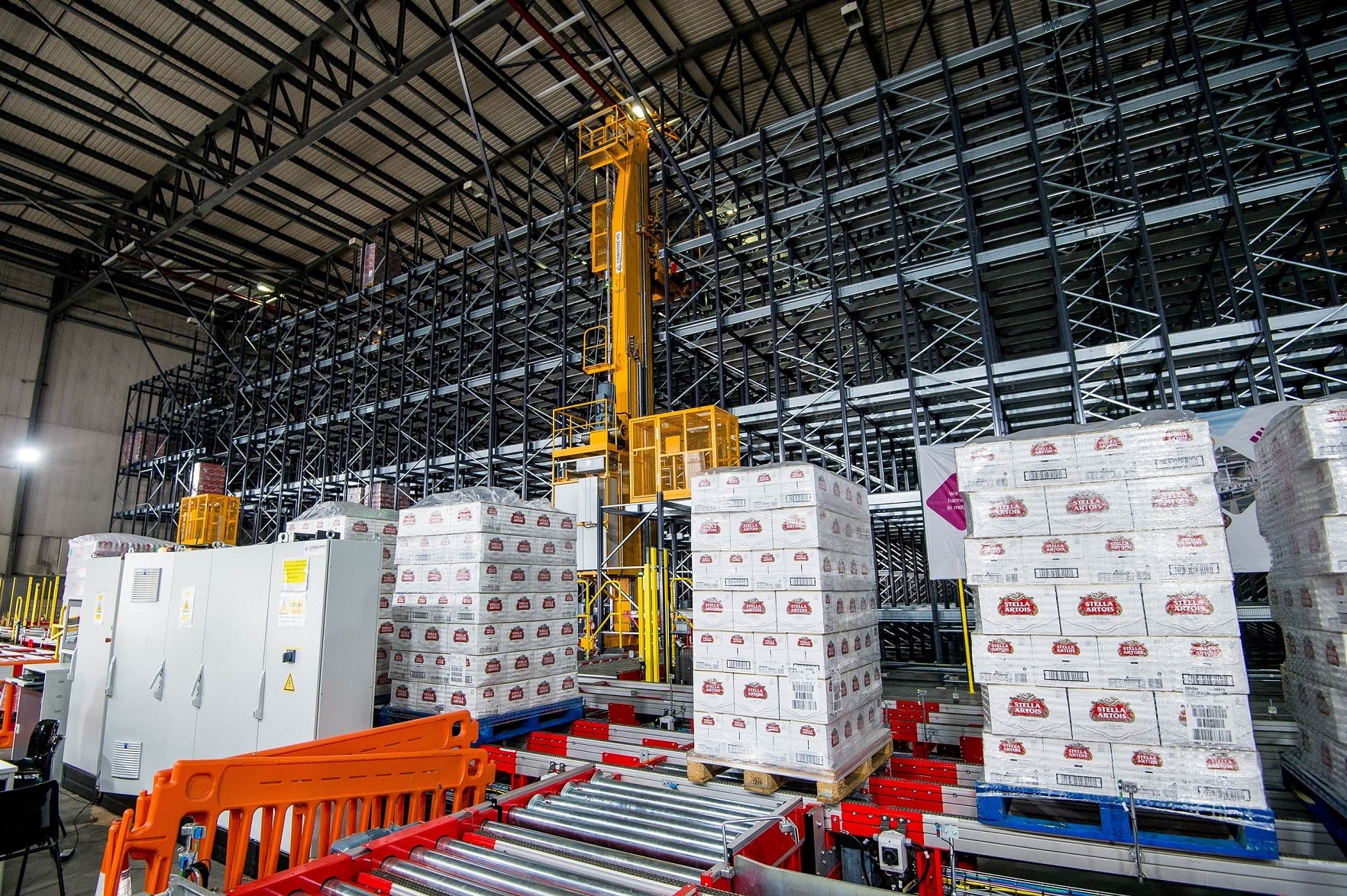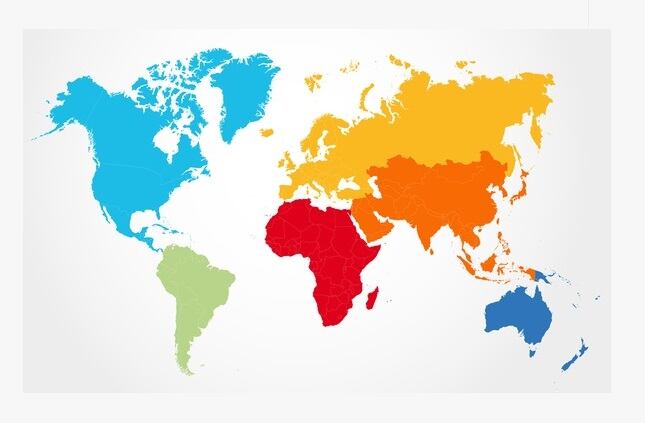The beer industry has considerable potential to reduce its energy use and mitigate its impact on climate change, says the study, observing that some breweries have already added solar panels, installed onsite wastewater treatment plants, insulated brewing vessels and recaptured steam from the brewing process.
But new technology often carries a significant upfront investment, which is likely to increase prices. However, with consumers willing to pay on average $1.30 more per six pack for beer brewed sustainably, the industry can offset costs, says the study.
To the surprise of researchers, consumers of mass produced beer were equally willing to pay more for sustainability as craft beer drinkers.
Energy intensive
The US brewing industry is expanding rapidly – but it is also highly energy intensive, say the researchers.
Between 2005 and 2015, the US expanded its craft breweries from about 1,300 to over 4,400, which is a growth of about 217% over a ten-year time span. The average number of barrels produced per craft brewery has also increased over this time period at an average of over 12% per year.

“Assuming that these remarkable growth rates will continue into the future, the industry will spend a great deal on energy and consume significant greenhouse gas (GHG) emissions,” write the researchers in the study.
Published by the journal PLOS One, the study, ‘Willingness-to-pay for Sustainable Beer’, surveyed 1,095 beer drinkers aged over 21 years old in the US.
In the survey, 59% of consumers said they were willing to pay more for sustainably produced beer. The research found that consumers were willing to pay, on average, 22 cents more per 12 oz beer bottle or $1.30 per six pack.
“Consumers who are willing to pay a premium for sustainable beer tend to be more aware of their purchasing behavior, their responsibilities as both consumers and stewards of the Earth, and the product offerings that are available to them," say the researchers.
“They hold themselves and the producers responsible for sustainability decisions. These individuals also have routinized consumption behaviors and pursue lifestyles based on professional advancement, helping the environment, and helping other causes.
“One of the most important predictors of willingness-to-pay (WTP) was the amount that consumers already pay for their ideal beer. This finding suggests that consumers who already highly value the quality or other attributes of the product, and pay more for these attributes, are also more inclined to pay an additional premium for sustainability.”
The research warns, however, that sustainability is not the only consideration when purchasing beer.
“Even if people are willing to pay a premium for sustainable attributes, these consumers still consider and balance other attributes of the commodity, such as price, quality, and brand image, among others,” continues the study.
“It is important, therefore, that sustainability practices not compromise the quality or consistency of the product, or introduce functional risks, which previous studies have found to diminish interest in sustainable products.”
Big beer vs craft
'Consumers of traditional American lagers - think Budweiser and Coors - were as likely to be willing to pay more as those who prefer craft beers'
To their surprise, researchers found there was no significant correlation between the type of beer that consumers preferred and their willingness to pay more for sustainability, after controlling for differences in price.
“Consumers of traditional American lagers - think Budweiser and Coors - were as likely to be willing to pay more as those who prefer craft beers, a category that includes such exotic brews as avocado honey ale and a wild ale brewed with yeast cultured from the brewmaster's beard hairs.
“That said, the proliferation of beer varieties suggests that brewers will have to find new ways to distinguish themselves in an increasingly crowded market.
"The research suggests that going green could be a way for beer companies to do just that.”
Marketing sustainability
Having determined that sustainability credentials are important to consumers, one of the key follow up questions is how to communicate these efforts to consumers, concludes the study.
“First, an important next step is to determine how the WTP per unit of beer translates into specific brewery investments in more efficient and low-carbon technologies,” the researchers say.
“Second, given that one likely cannot taste the difference between a sustainable beer and a non-sustainable beer, we should consider how information about sustainable offerings can be conveyed to consumers, perhaps through eco-labels or marketing.
“Studies based on eye tracking suggest that such information provision to consumers may make a difference for the uptake of sustainable or eco-commodities.”
Source: ‘Willingness-to-pay for sustainable beer’, PLOS One, published October 5, 2018.
Authors: Sanya Carley and Lilian Yahng



